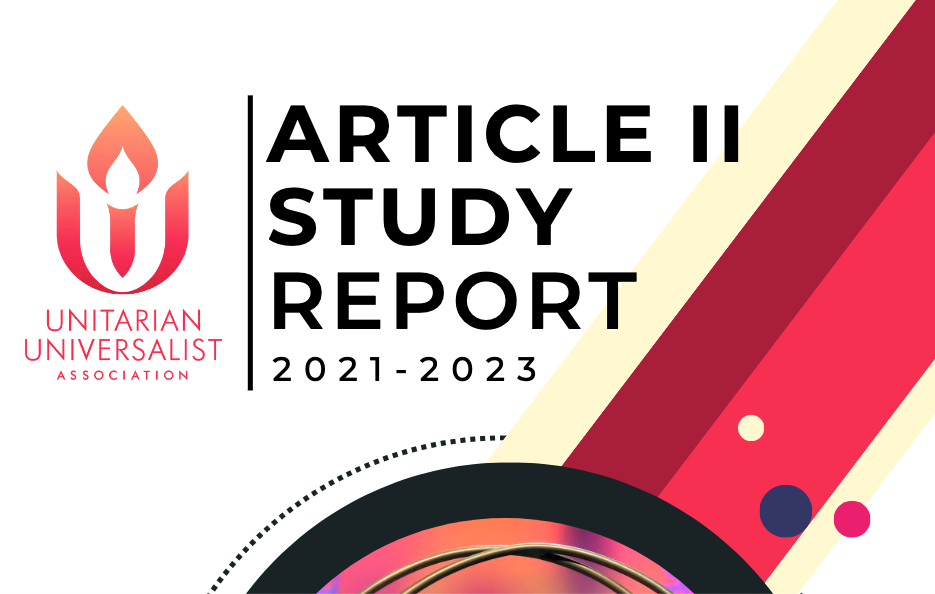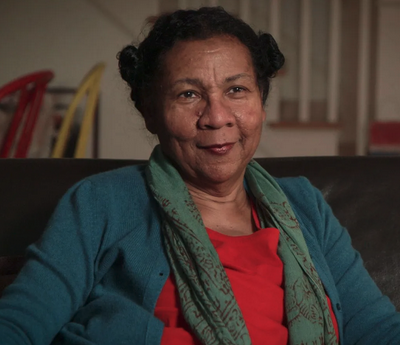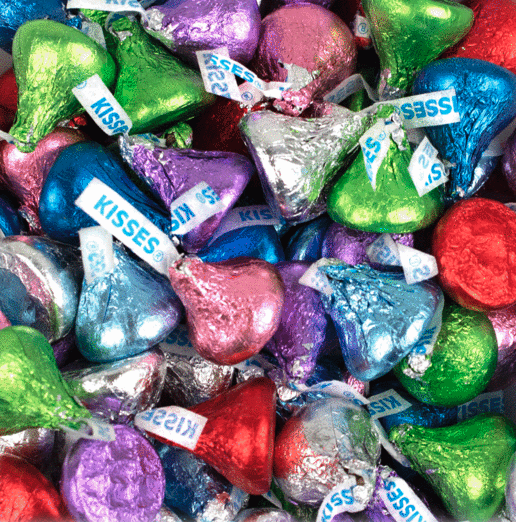
Love is the power that holds us together and is at the center of our shared values. We are accountable to one another for doing the work of living our shared values through the spiritual discipline of Love.
These words are from the Article II Study Commission’s proposal to the UUA Board in their recommendation to change not our faith movement, but the words and language that help us feel the connection between our inner truth and the deep truths our Unitarian Universalism aspires to make real in the world.
What does love look like in our lives? What does love look like in the lives of Unitarian Universalists?
In a world where love is considered by some to sappy or naïve or soft; in a world where it is used to sell cars (hello, Subaru) or perfume or perniciously narrow images of beauty or health; in a world where love has become a commodity, what do we mean when we speak of Abundant Love? Of Liberating Love? Of love as a spiritual discipline? Of love at the center of our shared values?
It can look like speaking our truth even as our voice shakes and our body quakes.
It can look like lending some of our brave to someone else. It can look like borrowing some brave from someone else. This reciprocal back and forth-ing of mutual aid in which we hold each other up, in which we carry each other through.
It can look like reaching out to each other, risking being socially awkward, to make sure that as we explore this congregation’s future direction, there are no winners or losers, that we are going forward together.
It looks like Lauren and Andy’s long journey to create more of a family than just the two of them. Yet, circumstances having conspired, time and time again, making this less than easy. They are open to sharing with you some of their story if you ask – and they have consented to my sharing this – but one thing that they want the congregation to know is how, at this point in their journey, they are hoping to identify a gestational carrier – sometimes known as a surrogate – to help bring a baby into their lives. This is one way that we experience abundant love – both in the trying to bring a baby into our lives and in the sharing of the story before it is done, before there is success, but in this vulnerable time of trying and not knowing and needing help to find that person who will help them with this deep wish, this deep prayer, this deep longing they hope to make real.
Abundant love. Liberating love. The late bell hooks, the African American, womanist, Buddhist, sage who spelled her name in lowercase on purpose, says this about love[1]:
Without love, our efforts to liberate ourselves, and our world community from oppression and exploitation are doomed. As long as we refuse to address fully the place of love and struggles for liberation, we will not be able to create a culture of conversion, where there is a mass, turning -away from an ethic of domination.

bell hooks has more to say on love. These, too, are her words:
…when I write provocative social and cultural criticism that causes readers to stretch their minds, to think beyond set paradigms, I think of that work as love in action. While it may challenge, disturb and at times even frighten or enrage readers, love is always the place where I begin and end.[2]
In liberating traditions such as ours, in seminary for Unitarian Universalist clergy, leaders are encourage to follow the maxim: comfort the afflicted and afflict the comfortable. Next time you feel as if you are on the hard end of a sermon that leaves you feeling challenged or called-in or “afflicted,” remember bell hooks: love is always the place where such messages begin and end.
Liberating love. Abundant love.
It looks like picture books for children that remind all ages of how important it is to make space for our true selves.
It looks like a community coming together to celebrate, joyfully, fiercely, one of our own finding herself, declaring herself.
In the face of so many reasons to despair: mass shootings; suffering we can do little about (think here of the tens of thousands who died, the millions displaced in the cold of winter in Turkey and Syria after the earthquake); all that might be lost ~ is being lost ~ due to the climate crisis; just the mere fact that being mortal means that one day we each must die, Abundant Love means these words from the poet Lynna Odel:
If we are dying
then let me rip open
and bleed Love,
spill it, spend it
see how much
there is
the reward for misers is
what, again?
Abundant Love looks like wisdom from less than obvious sources – sources that are not centered, that are on the margins yet are still very much a part of the human experience. Think here of how polyamorous communities have developed something we could all benefit from, whether or not we practice ethical non-monogamy: the concept of compersion.
Compersion. Dr. Marie Thouin calls it a “radical love phenomenon.” I call it an antidote and counter to the destructive impact of the all-too-human response of jealousy. It is the wholehearted participation in the happiness of others, including joy when your partner experiences joy in a romantic or sexual relationship that is not with you. Love so abundant, you do not need to keep it to yourself. Love so abundant, you experience joy not because of a direct benefit to you, but because someone you love is experiencing joy – and in this case, because the context is one of polyamory, where there are intentional, transparent, and consensual relationships and partnerships among more than just two people, you feel joy when your partner experiences joy not with you, but with someone else.
Compersion reminds me of the Buddhist Great Virtue called mudita or relational joy. Taking delight in the good fortune of another. An antidote to jealousy and envy, a counter to comparing ourselves to others out of a sense of scarity. Whether we practice ethical monogamy or ethical non-monogamy, we can take delight when a partner experiences the spark that comes from flirting, even if it is with someone else, because it feels good, because it can be generative, because it need not be destructive. This is what compersion invites to make space for: this, too, can be Abundant Love.
I often refer to my family of origin as post-modern because it didn’t fit the mainstream narrative that is so often put forward – nuclear family, heteronormative, 2.4 children, one pet, station wagon. I had a biological father. I called my adoptive father my dad, not my step-dad. There was a short time when my maternal grandmother raised me and my brother. As a young adult, I met for the first time my older half-brother. Marriage. Divorce. Remarriage. Children by birth, by marriage, by adoption, by kinship. Families with one mother and one father, but also with more than that, with less than that. This is not just my story. This is likely your story, too.
Children arriving, by birth or adoption, assigned a gender that turns out not to be true. That is part of my story too. As most of you know, I have two daughters I raised (and two more by marriage who were older when we met, so I can’t say I raised them). However, when they came into my life – 25 years ago yesterday – I was under the impression that one was a boy. Turned out not to be true. Abundant love and the saving message of Unitarian Universalism made it possible for that truth to emerge, to be recognized and celebrated.
Brief side note, from me as the parent of someone who identifies a gender differently than she was assigned: for those of us who are cisgender (as I am), I share this advice with love in my heart for you, and fierce love in my heart for our trans and nonbinary loved ones:
do NOT ask about genitalia.
It is not yours to inquire. Do not ask the person directly. Do not ask their family members. In the same way you would not ask anyone who is not your lover, someone transitioning or coming out (and their family) owes you no disclosure about their personal equipment. I say this as a parent who was asked more times than I can count – asked by well-meaning, supportive liberal types who still thought it was alright to inquire about my child’s genitalia. And if you overhear someone else asking, interrupt them. Step in. Help them understand it is not theirs to ask. Choose an Abundant Love that is in solidarity with our trans and non-binary fellow humans. Pro-tip from me to you. With love. Abundant, fierce, protective love.

On this Sunday after Valentine’s Day, with chocolate kisses in abundance (at least when the morning started) let us remember that in the early years of this century, there was a study conducted by Robert Miller which discovered that, “UUs ranked loving as an instrumental value and mature love as a terminal value more highly than did respondents from other groups, religious and nonreligious.” Even before that time, we have been a part of expressing love in words and action, connecting with both sides of our religious sources, but most especially connecting with our Universalism, that heretical notion that whatever there is of Divine Source, it is not something that damns or punishes, but is at its core: Love.
In closing, perhaps Abundant Love is what Rainer Maria Rilke described in this poem titled, Wild Love:
Is not impermanence the very fragrance of our days?
Flare up like flame
and make big shadows I can move in.
Let everything happen to you: beauty and terror.
Just keep going. No feeling is final.
Don’t let yourself lose me.
Nearby is the country they call life.
You will know it by its seriousness
Give me your hand.
So be it. See to it. Amen.
[1] love as the practice of freedom
[2] https://www.lionsroar.com/bell-hooks-and-thich-nhat-hanh-on-building-a-community-of-love/?blm_aid=24265